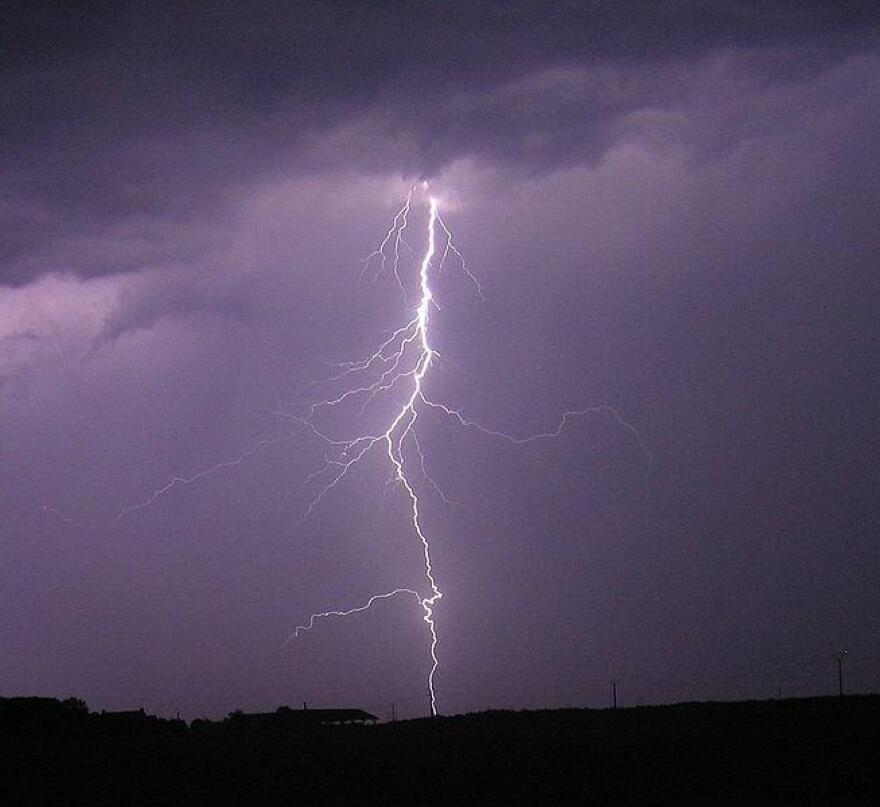If you've ever blamed the weather for a splitting headache, you might be right. A new University of Cincinnati study finds that lightning may affect the onset of headache and migraines.
"What we found was that on days with lightning around the patients' homes there was approximately a 30-percent increase in headache activity, or headache occurrence, and also a 30-percent increase in migraine," said fourth-year medical student Geoff Martin, one of the researchers.
The study looked at chronic headache sufferers. There are a number of ways lightning might be a trigger.
"Lightning itself can emit electromagnetic waves, or electromagnetic disturbances, which can travel for tens, possibly even hundreds of miles; so they might cause some kind of interaction between the electromagnetic disturbances and brain activity," said Martin.
Martin said lightning can also produce noxious chemicals such as ozone or interact with other air pollutants, which may be a trigger.
The research results could help chronic sufferers more efficiently anticipate the arrival of a headache or migraine so they can start preventive treatment immediately.
Martin led the study with his father, Dr. Vincent Martin, who's an internal medicine professor, UC Health physician and headache expert.
The next step for the research will be to look at other aspects of weather, such as temperature, humidity and barometric pressure, to see what relationship they have to headaches.
The results are published in the January 24 online edition of the journal Cephalalgia.


